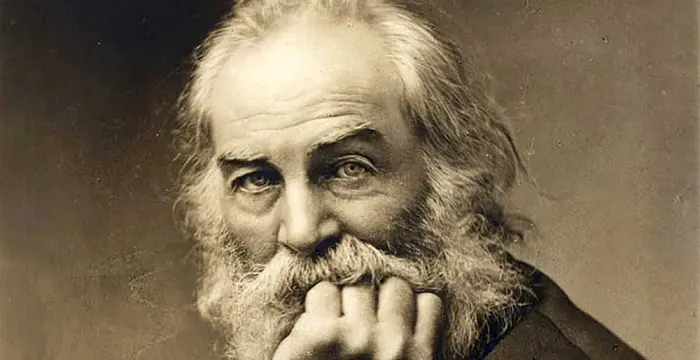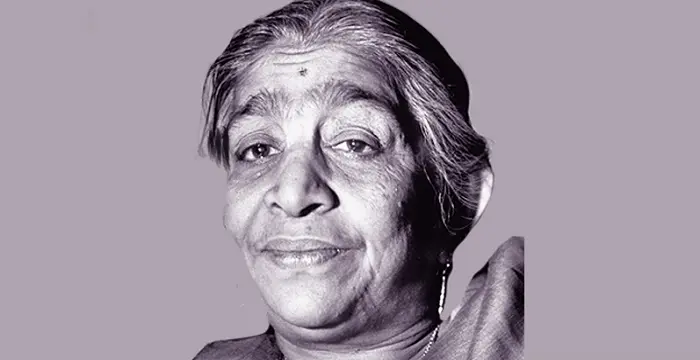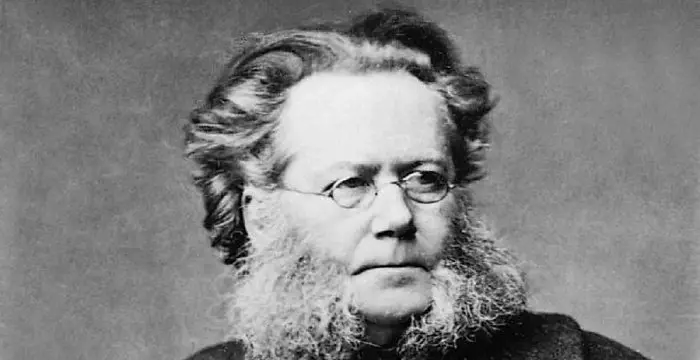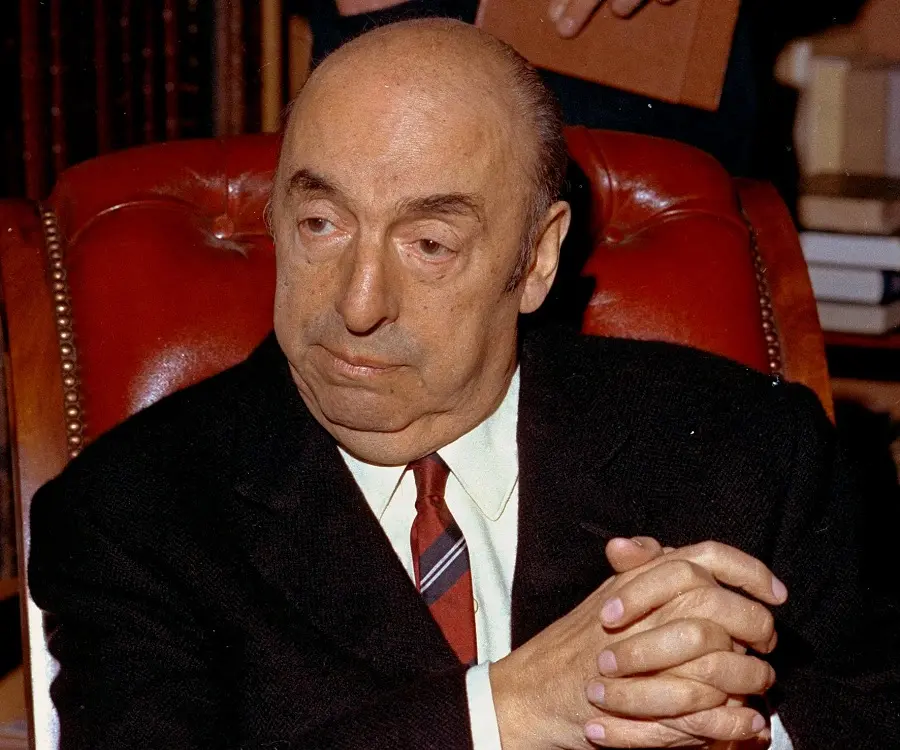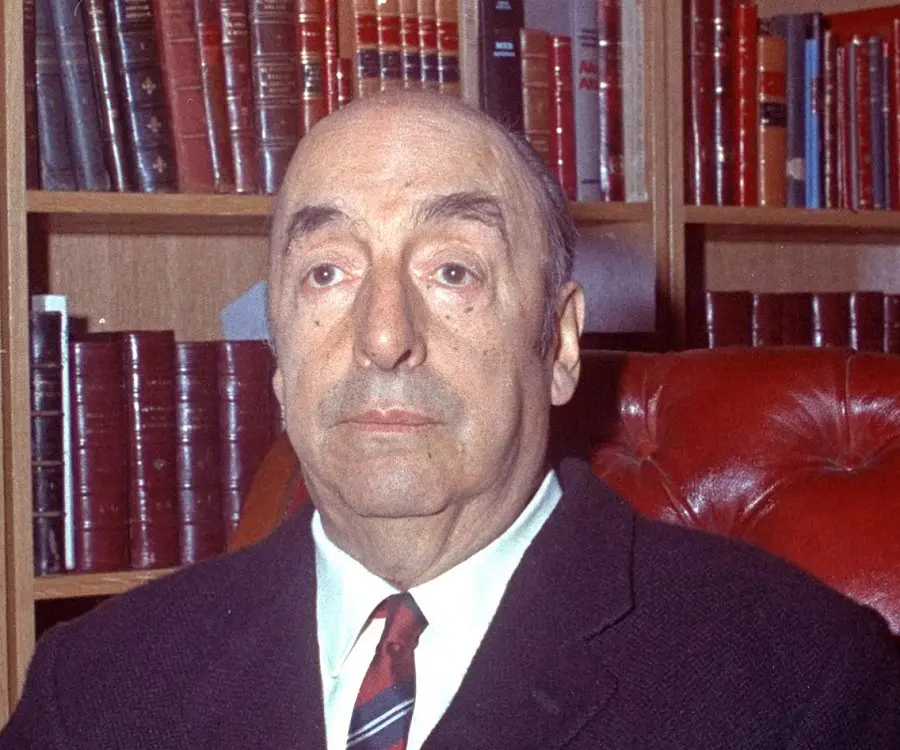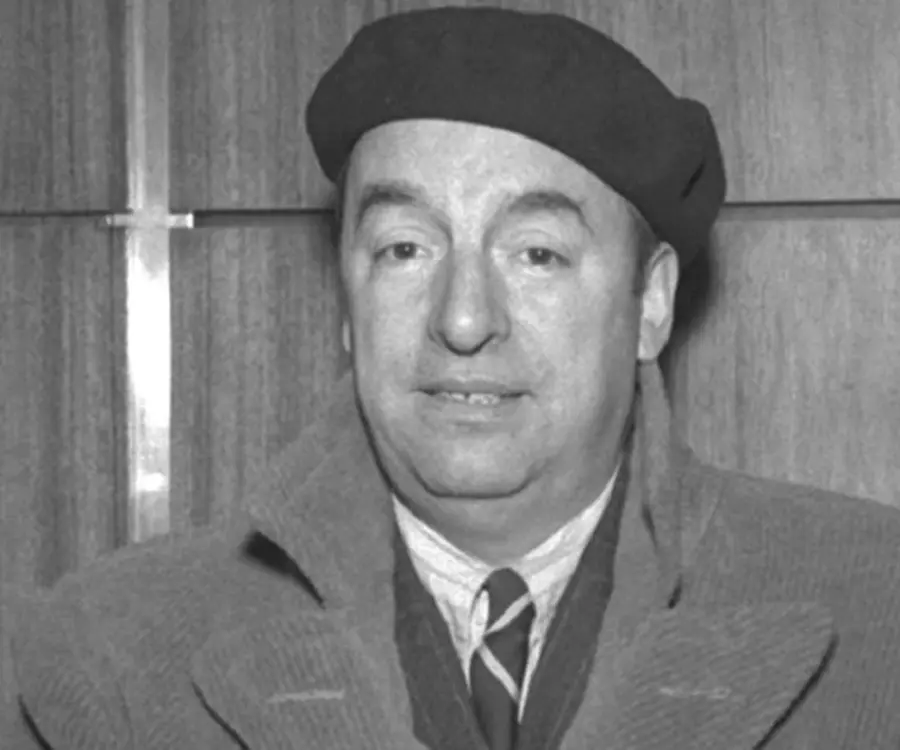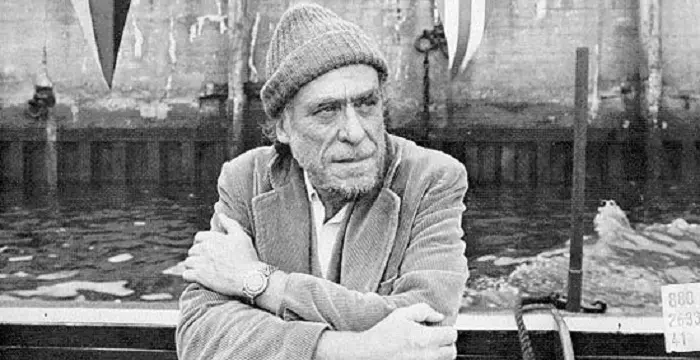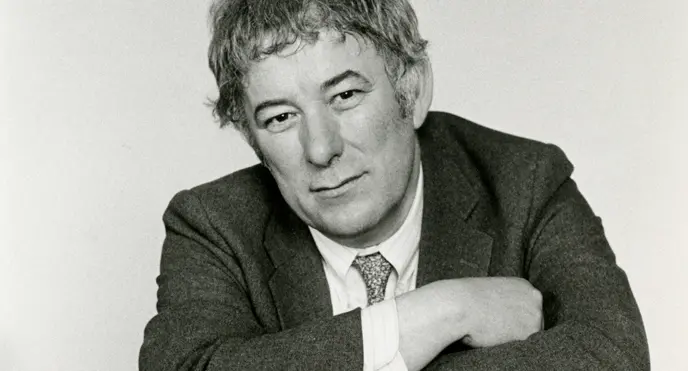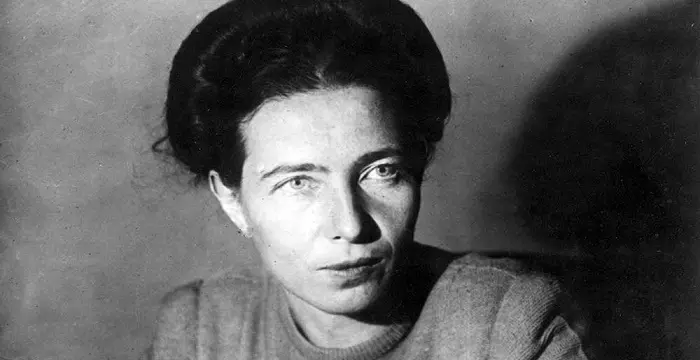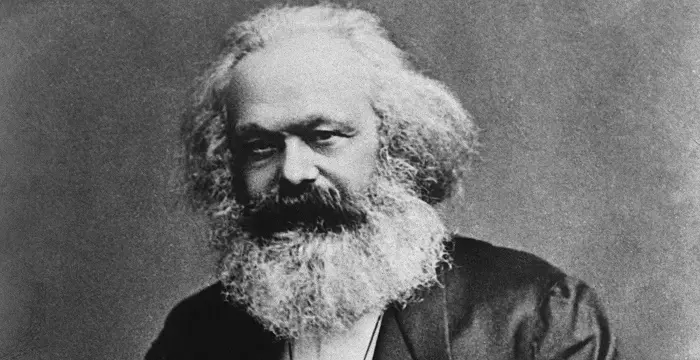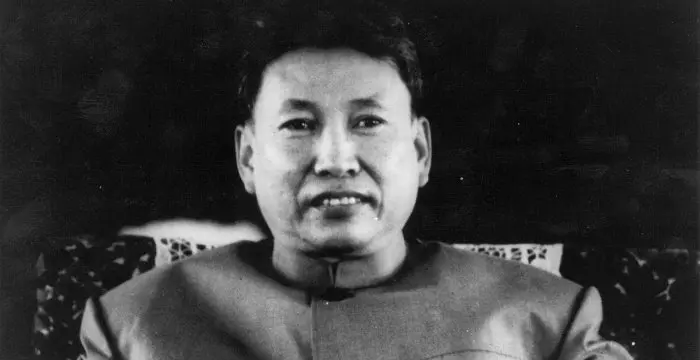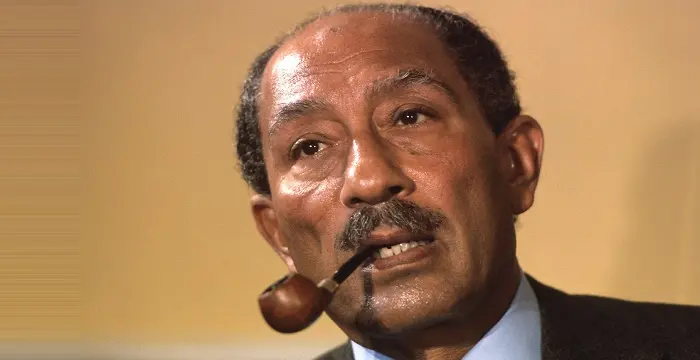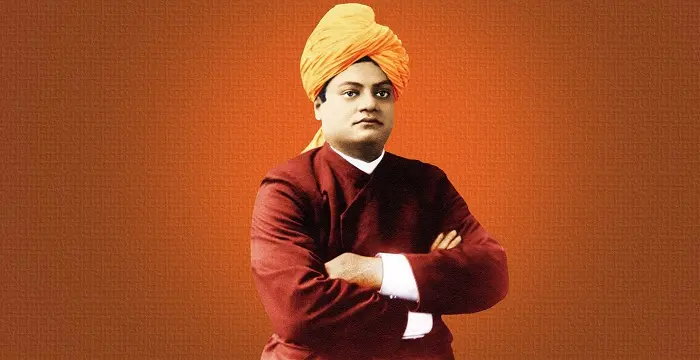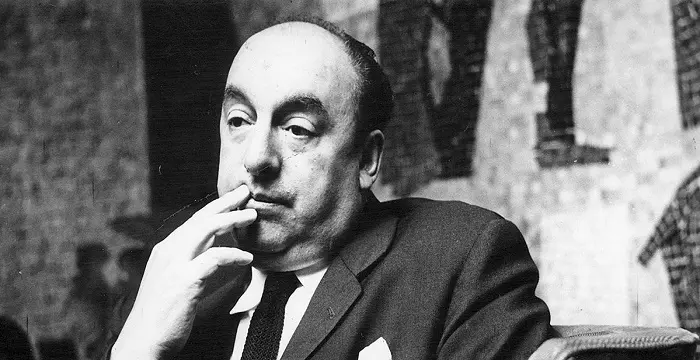
Pablo Neruda - Poets, Birthday and Family
Pablo Neruda's Personal Details
Pablo Neruda was a Chilean poet, politician and Nobel laureate
| Information | Detail |
|---|---|
| Birthday | July 12, 1904 |
| Died on | September 23, 1973 |
| Nationality | Chilean |
| Famous | Nobel Laureates In Literature, Communists, Leaders, Political Leaders, Poets, Poets |
| Ideologies | Communists |
| Spouses | del Carril, Maryka Antonieta Hagenaar Vogelzang |
| Siblings | Rodolfo |
| Childrens | Malva Marina Trinidad |
| Universities |
|
| Birth Place | Parral, Chile |
| Religion | Roman Catholic |
| Gender | Male |
| Father | José del Carmen Reyes Morales |
| Mother | Rosa Basoalto |
| Sun Sign | Cancer |
| Born in | Parral, Chile |
| Famous as | Chilean poet |
| Died at Age | 69 |
// Famous Poets
Walt Whitman
Walt Whitman was an American poet, journalist and humanist. Read this brief biography to find more on his life & timeline.
Sarojini Naidu
Sarojini Naidu was an Indian freedom fighter and poet. Read this brief biography to find more on her life.
Henrik Ibsen
Henrik Ibsen was a famous Norwegian playwright often considered as the father of modern theater. Check out this biography to know about his childhood, family, life history and achievements.
Pablo Neruda's photo
Who is Pablo Neruda?
Pablo Neruda may have evoked a number of controversies throughout his lifetime, but he still remains one of the most influential literati of the modernist 20th century. His poetic flair was without doubt, one of the finest of his time, for which he received a number of accolades and honors, including the Nobel Prize for literature. This Chilean poet has been named one of ‘the greatest poets of the 20th century in any language’ for his large repertoire of works, typically based on surrealistic, erotic or historic themes. Most of his poetry was written in the Spanish language and many readers from around the world found it difficult to disentangle Neruda’s poetry from his zealous obligation to socialism. His works that are available or decoded in English embody only a small percentage of his over-all yield today. Apart from his writing career, he was placed in a number of ambassadorial positions and also served a brief stint as senator for the Chilean Communist Party. When communism was proscribed, Neruda was to be arrested, but he instead went into exile. Today, many of his works conjure vivid imagery and are capable of rousing the soul. If you want to learn more about this debated yet interesting personality, scroll further.
// Famous Poets
Charles Bukowski
Charles Bukowski was a German-born American novelist, short story writer and poet. With this biography, learn in details about his childhood, life, works, career and timeline
Seamus Heaney
Nobel Laureate Seamus Heaney was an Irish poet, playwright and translator. Know about his profile, childhood, life and timeline in the biography below.
Walt Whitman
Walt Whitman was an American poet, journalist and humanist. Read this brief biography to find more on his life & timeline.
Childhood & Early Life
Neftali Ricardo Reyes Basoalto (Pablo Neruda) was born in Parral, Chile. His father worked with the railroad whereas his mother was a teacher, who died shortly after his birth.
When he was a teenager, he began writing a number of poems and articles that were first published in the daily, ‘La Manana’.
In 1920, he began writing for the ‘Selva Austral’ under the pseudonym, Pablo Neruda, a name he derived from the name of the Czech poet, Jan Neruda.
Career
In 1923, he sold all of his belongings to back the publication of his first book, ‘Crepusculario’ (Book of Twilights) under his penname. He used the alias in order to evade skirmishes with his family, who objected to making writing his occupation.
He also published a collection of love poems that became controversial for its amatory themes titled, ‘Viente poemas de amor y una cancion desesperada’ (Twenty Love Poems and a Song of Despair), in 1924. A second edition was also published much later. By the age of 20, he had established himself as a sound poet, but he was facing extreme poverty.
In 1926, ‘Tentativa del hombre infinito’ (The trying of infinite man) and ‘Tentativa y su esperanza’ (The inhabitant and his hope); a collection and a novel, respectively, were published.
Out of financial anxiety, he took up honorary consulship in Rangoon, which was then a part of Burma, and isolated himself from people where he experimented with different kinds of poetry.
In 1933, he penned the first of the three volumes of a poetry collection, ‘Residencia En La Tierra’ (Residence on Earth), which would later spawn two more volumes.
After he returned to Chile, he served a number of diplomatic posts and at the inception of the civil war, he became extremely involved with politics. In order to show his support for the Republican side, he voiced his thoughts and his support in the collection, ‘Espa�a en el coraz�n’ (Spain in the Heart), in 1938.
After the election in 1938, he was appointed as superior consul for Spanish immigration in Paris. Here, he was assigned the task of making sure he sent Spanish refugees back to Chile in a boat called, ‘Winnipeg’.
From 1940 to 1943, he was appointed as Consul General in Mexico City. In 1943, he returned to Chile and visited the famous Machu Picchu, which inspired an enormous twelve-part poem titled, ‘Alturas de Macchu Picchu’.
During World War II, he grew to admire Soviet Union’s Joseph Stalin, who was responsible in defeating Nazi Germany. He voiced his admiration for the leader in poems like ‘Canto a Stalingrado’ and ‘Nuevo canto de amor a Stalingrado’, written between 1942 and 1943.
On March 4, 1945, he was elected as senator for the Communist party for the provinces of Antofagasta and Tarapaca. The following year, he was made campaign manager by the Radical Party presidential nominee, Gabriel Gonzalez Videla, whom he later grew to criticize.
Fearing capture, he went into hiding and was removed from his post on September, 1948 and the Communist Party was banned altogether. His secretive life finally ended the next year, where he fled from Chile and spent the next three years in exile, in Buenos Aires.
During this time, he travelled extensively around Europe, Asia and the Soviet Union. From 1950 to 1952, he authored the famous ‘Canto General’, which contains over 231 poems and also published ‘Los versos del Capit�n’, under an anonymous name.
Towards the end of 1952, he got back to Chile and by this time, was already enjoying the worldwide fame as a poet. Around fourteen years later, he was invited for the International PEN conference in New York City.
In 1970, he was nominated as a candidate for the Chilean presidency, but he instead let Salvador Allende win the elections. Shortly after Allende was made president, Neruda was appointed as the Chilean ambassador to France.
Major Works
‘Viente poemas de amor y una cancion desesperada’ (Twenty Love Poems and a Song of Despair)’, published in 1924 was his second published work and established his name as a poet. This work, although controversial, came to be known as one of his greatest works and has been translated into various languages. The ‘poemas’ has sold over a million copies around the world and although it was his early work, it is largely considered his ‘best-known work’.
Awards & Achievements
In 1953, Neruda was awarded the Stalin Peace Prize.
In 1971, he was awarded the Nobel Prize for Literature for his literary contributions.
He was awarded the Golden Wreath Award at the Struga Poetry Evenings, in 1972.
Personal Life & Legacy
He married a bank employee, Maryka Antonieta Hagenaar Vogelzang, while he worked a shift in Java. He later separated from his wife and started an affair and married a woman, 20 years his senior called, Delia del Carril.
A Chilean singer, Matilde Urrutia was hired to care for him during his exile, and he started having an affair with her. This eventually culminated in marriage and she even became his ‘muse’ for one of his works.
After returning to Chile from exile, he got back with his wife, del Carril, but the marriage began to disintegrate. She eventually learned of his affair with Urrutia and Neruda went back to Urrutia, with whom he would live for the rest of his life.
He was diagnosed with prostate cancer and he later died of heart failure in the 1973. Following his death, his autobiography, ‘I Confess I have Lived’ was published and Urrutia’s memoir titled, ‘My Life with Pablo Neruda’was published in the 1980s.
He has been mentioned in popular culture in films, literature and music. These include mentions of his name or his works in movies like ‘Pablo Neruda: The Poet’s Calling’, the book, ‘El caso Neruda’ or in albums like, ‘The Pretender’ and ‘Neruda Songs’. He also had three houses in Chile, all of which have been made into public museums.
Trivia
There were suggestions that this famous Chilean writer and diplomat was killed during the Pinochet Regime, and in order to get to the truth, orders were given by the Chilean government, to exhume the remains of this great personality to carry out lab tests.
// Famous Communists
Simone de Beauvoir
Simone de Beauvoir was an eminent French writer, intellectual, activist, and philosopher. This biography profiles her childhood, life, thoughts, achievements and timeline.
Karl Marx
Karl Marx was a Prussian-German philosopher, revolutionary, historian and socialist whose communist ideologies and works laid the foundation for ‘Marxism’. Explore this biography to learn more about his childhood, life achievements, works & timeline.
Pol Pot
Pol Pot was the Cambodian revolutionary who led the Khmer Rouge. This biography provides a glimpse of his childhood, career, profile and timeline.
Pablo Neruda's awards
| Year | Name | Award |
|---|---|---|
Other | ||
| 0 | 1971 - Nobel Prize for Literature | |
Pablo Neruda biography timelines
- // 12th Jul 1904Neftali Ricardo Reyes Basoalto (Pablo Neruda) was born in Parral, Chile. His father worked with the railroad whereas his mother was a teacher, who died shortly after his birth.
- // 1920In 1920, he began writing for the ‘Selva Austral’ under the pseudonym, Pablo Neruda, a name he derived from the name of the Czech poet, Jan Neruda.
- // 1923In 1923, he sold all of his belongings to back the publication of his first book, ‘Crepusculario’ (Book of Twilights) under his penname. He used the alias in order to evade skirmishes with his family, who objected to making writing his occupation.
- // 1924He also published a collection of love poems that became controversial for its amatory themes titled, ‘Viente poemas de amor y una cancion desesperada’ (Twenty Love Poems and a Song of Despair), in 1924. A second edition was also published much later. By the age of 20, he had established himself as a sound poet, but he was facing extreme poverty.
- // 1926In 1926, ‘Tentativa del hombre infinito’ (The trying of infinite man) and ‘Tentativa y su esperanza’ (The inhabitant and his hope); a collection and a novel, respectively, were published.
- // 1933In 1933, he penned the first of the three volumes of a poetry collection, ‘Residencia En La Tierra’ (Residence on Earth), which would later spawn two more volumes.
- // 1938After the election in 1938, he was appointed as superior consul for Spanish immigration in Paris. Here, he was assigned the task of making sure he sent Spanish refugees back to Chile in a boat called, ‘Winnipeg’.
- // 1940 To 1943From 1940 to 1943, he was appointed as Consul General in Mexico City. In 1943, he returned to Chile and visited the famous Machu Picchu, which inspired an enormous twelve-part poem titled, ‘Alturas de Macchu Picchu’.
- // 1945On March 4, 1945, he was elected as senator for the Communist party for the provinces of Antofagasta and Tarapaca. The following year, he was made campaign manager by the Radical Party presidential nominee, Gabriel Gonzalez Videla, whom he later grew to criticize.
- // 1948Fearing capture, he went into hiding and was removed from his post on September, 1948 and the Communist Party was banned altogether. His secretive life finally ended the next year, where he fled from Chile and spent the next three years in exile, in Buenos Aires.
- // 1950 To 1952During this time, he travelled extensively around Europe, Asia and the Soviet Union. From 1950 to 1952, he authored the famous ‘Canto General’, which contains over 231 poems and also published ‘Los versos del Capit�n’, under an anonymous name.
- // 1953In 1953, Neruda was awarded the Stalin Peace Prize.
- // 1970In 1970, he was nominated as a candidate for the Chilean presidency, but he instead let Salvador Allende win the elections. Shortly after Allende was made president, Neruda was appointed as the Chilean ambassador to France.
- // 1971In 1971, he was awarded the Nobel Prize for Literature for his literary contributions.
- // 1972He was awarded the Golden Wreath Award at the Struga Poetry Evenings, in 1972.
- // 23rd Sep 1973He was diagnosed with prostate cancer and he later died of heart failure in the 1973. Following his death, his autobiography, ‘I Confess I have Lived’ was published and Urrutia’s memoir titled, ‘My Life with Pablo Neruda’was published in the 1980s.
// Famous Leaders
Edi Rama
Edi Rama is the current Prime Minister of Albania. Check out this biography to know about his childhood, life, achievements, works & timeline.
Tecumseh
Tecumseh was a Native American leader of the Shawnee clan. This biography profiles his childhood, life and timeline.
Khalifa bin Zayed Al Nahyan
Sheikh Khalifa bin Zayed Al Nahyan is the current President of the United Arab Emirates (UAE). Check out this biography to know about his birthday, childhood, family life, achievements and fun facts about him.
Anwar Sadat
Anwar Sadat was the third President of Egypt and has been awarded the Nobel Prize for his peace initiatives. To know more about his childhood, career, profile and timeline read on the following biography.
Leo Varadkar
Cam Leo Varadkar is the current Taoiseach—the Prime Minister—of the Republic of Ireland. Check out this biography to know about his childhood, family life, achievements and other facts about his life.
Swami Vivekananda
Swami Vivekananda was the chief disciple of Sri Ramakrishna, and was responsible for awakening India spiritually. Check this biography to know in detail about his life, profile and timeline.
Pablo Neruda's FAQ
What is Pablo Neruda birthday?
Pablo Neruda was born at 1904-07-12
When was Pablo Neruda died?
Pablo Neruda was died at 1973-09-23
Where was Pablo Neruda died?
Pablo Neruda was died in Santiago, Chile
Which age was Pablo Neruda died?
Pablo Neruda was died at age 69
Where is Pablo Neruda's birth place?
Pablo Neruda was born in Parral, Chile
What is Pablo Neruda nationalities?
Pablo Neruda's nationalities is Chilean
What is Pablo Neruda ideologies?
Pablo Neruda's ideologies is Communists
Who is Pablo Neruda spouses?
Pablo Neruda's spouses is del Carril, Maryka Antonieta Hagenaar Vogelzang
Who is Pablo Neruda siblings?
Pablo Neruda's siblings is Rodolfo
Who is Pablo Neruda childrens?
Pablo Neruda's childrens is Malva Marina Trinidad
What was Pablo Neruda universities?
Pablo Neruda studied at University of Chile
What is Pablo Neruda's religion?
Pablo Neruda's religion is Roman Catholic
Who is Pablo Neruda's father?
Pablo Neruda's father is José del Carmen Reyes Morales
Who is Pablo Neruda's mother?
Pablo Neruda's mother is Rosa Basoalto
What is Pablo Neruda's sun sign?
Pablo Neruda is Cancer
How famous is Pablo Neruda?
Pablo Neruda is famouse as Chilean poet
